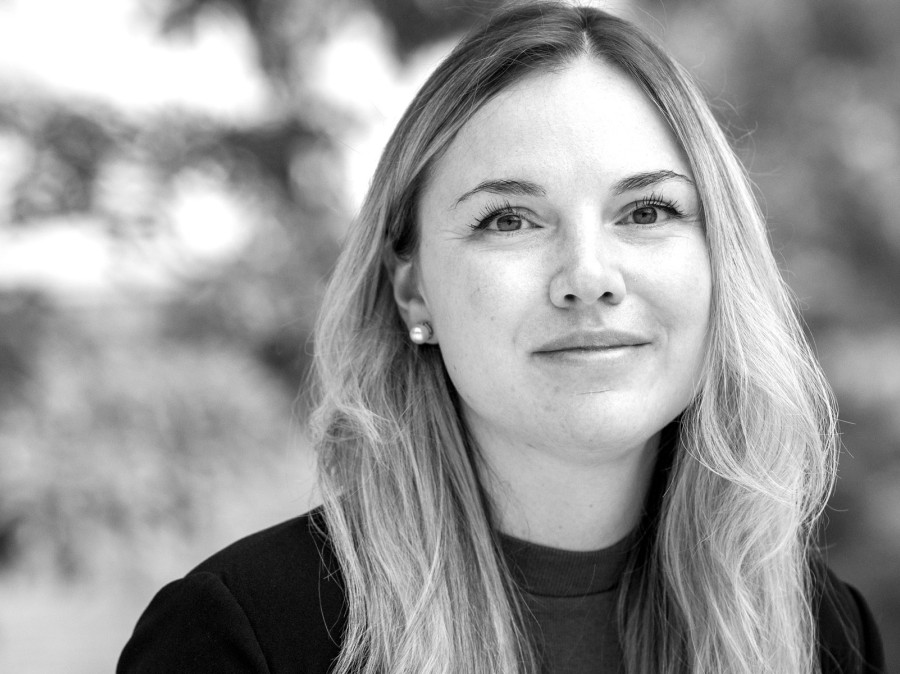Fabia Weisser

Fabia joined the program in 2023. Her research spans periods and disciplines and focuses on religious movements and mystical experiences. She has worked extensively on medieval and early modern literature, as well as twentieth-century works. Her research has examined religious splinter groups that emigrated to the New World in the seventeenth and eighteenth centuries, including the Salzburg Protestants and the persecuted Pietist movement known as the “Inspirierte.” She also explores the reception of mysticism in twentieth-century literature and philosophy—both as a metaphysical reawakening of the soul in a disenchanted world and as “gottlose Mystik” (mysticism without God).
Her interest in the history of religious movements is matched by a deep engagement with paleography and manuscript studies. She has transcribed numerous travel and war diaries dating from the seventeenth to the twentieth century. Her current work focuses on the writings of Margarete Susman, a Jewish philosopher of religion, literary critic, and originator of the concept of the “lyrical I.”
Before coming to Princeton, Fabia studied in Dresden, Munich, Minneapolis, and Columbus. She earned her M.A. in Germanic Languages and Literatures from the Ohio State University, where she served as a teaching assistant and received the 2023 Graduate Associate Teaching Award. From 2018 to 2021, she worked as a student research assistant in the Departments of Early Modern History at the Technical University of Dresden and Ludwig-Maximilians University of Munich. Her work has appeared in the University of Minnesota’s Central Europe Yearbook (2020, 2021). She presented at graduate conferences in German Studies at Ohio State and Princeton, as well as at the Colloquium for Medieval and Early Modern German Studies at Stanford University. At Princeton, her research has been supported by the Program in Medieval Studies, the Center for Digital Humanities, and the Institute for International and Regional Studies.




